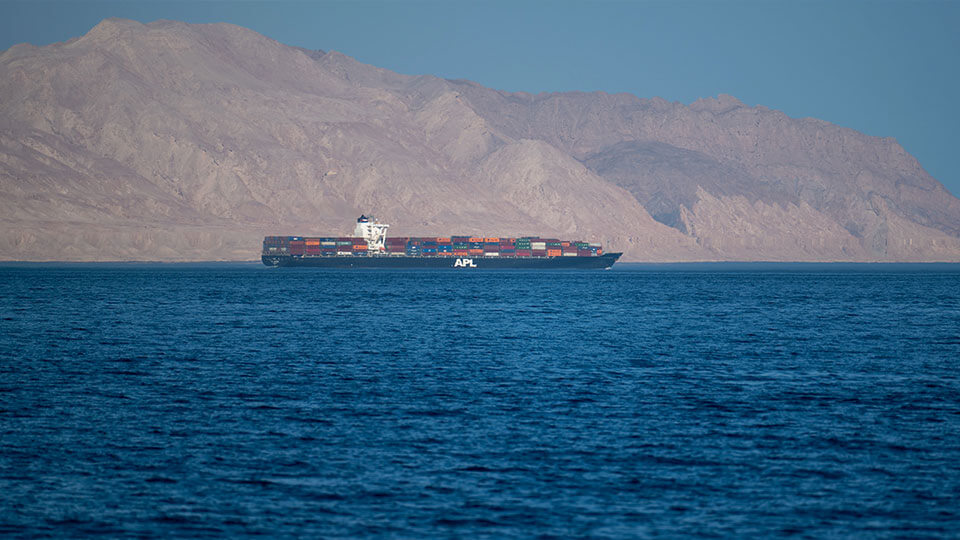
The Strait of Hormuz: What Will Happen If It Closes?
After 12 days of sharp conflict between Israel and Iran, a U.S.-brokered ceasefire has been established between the two countries. However, the current peace is fragile and some in the international community are worried that Iran may close the Strait of Hormuz.
This is an important passageway used by numerous Middle Eastern countries. If the strait closes, the impact is sure to be felt in the logistics industry and petroleum sectors.
What Is the Strait of Hormuz?
The Strait of Hormuz is the only sea channel that links the Persian Gulf to the west, and the Gulf of Oman and the Arabian Sea to the southeast.
At its narrowest point, the straight is only 21 miles wide. However, it’s deep enough to accommodate the largest crude oil tankers in the world.
The nations that use the strait include:
- Iran
- Iraq
- Kuwait
- Qatar
- United Arab Emirates
Over 20%of global oil and liquefied natural gas exports travel through the Strait of Hormuz. This makes it an incredibly important waterway for not only the nations that use it, but also for the countries that purchase oil from this part of the world.
Will the Strait of Hormuz Close?
The good news is the Strait of Hormuz is unlikely to close in the near future.
Although a report from Iran’s state-owned press TV says the country’s parliament has agreed to close the strait, it hasn’t been independently verified. The Iranian parliament also doesn’t have the authority to close the strait.
Closing the strait would have many negative consequences in Iran. For one, they would be unable to export oil to China, which is their largest trading partner and their only remaining oil customer.
Exports of oil from Iran’s neighboring countries would be hampered as well. This could lead to tension between Iran and other nations in the region.
What Are the Consequences of Closure?
The Strait of Hormuz probably won’t close, but if it does, oil prices could increase exponentially. Oil prices previously rose when the conflict between Israel and Iran first started. If the strait is sealed off, oil costs would rise even further.
This could lead to higher truckload rates that shippers would have to pay. It should be noted the U.S. only imported about 7 percent of its oil from Persian Gulf countries in 2024.
While the U.S. would be less affected than other nations that import higher amounts of oil from middle eastern countries, it would still cause a ripple effect that will be felt by average Americans.
What Can We Do?
Unfortunately, R+L Global Logistics can’t control global events. What we can do is keep track of them, understand how they affect our industry, and formulate solutions to these challenges that will help our customers.
Collaboration is essential to our success here at R+L Global Logistics. If you have any ideas on how to improve our performance and overcome the challenges the company faces, we encourage you to bring them to your coworkers and managers.
